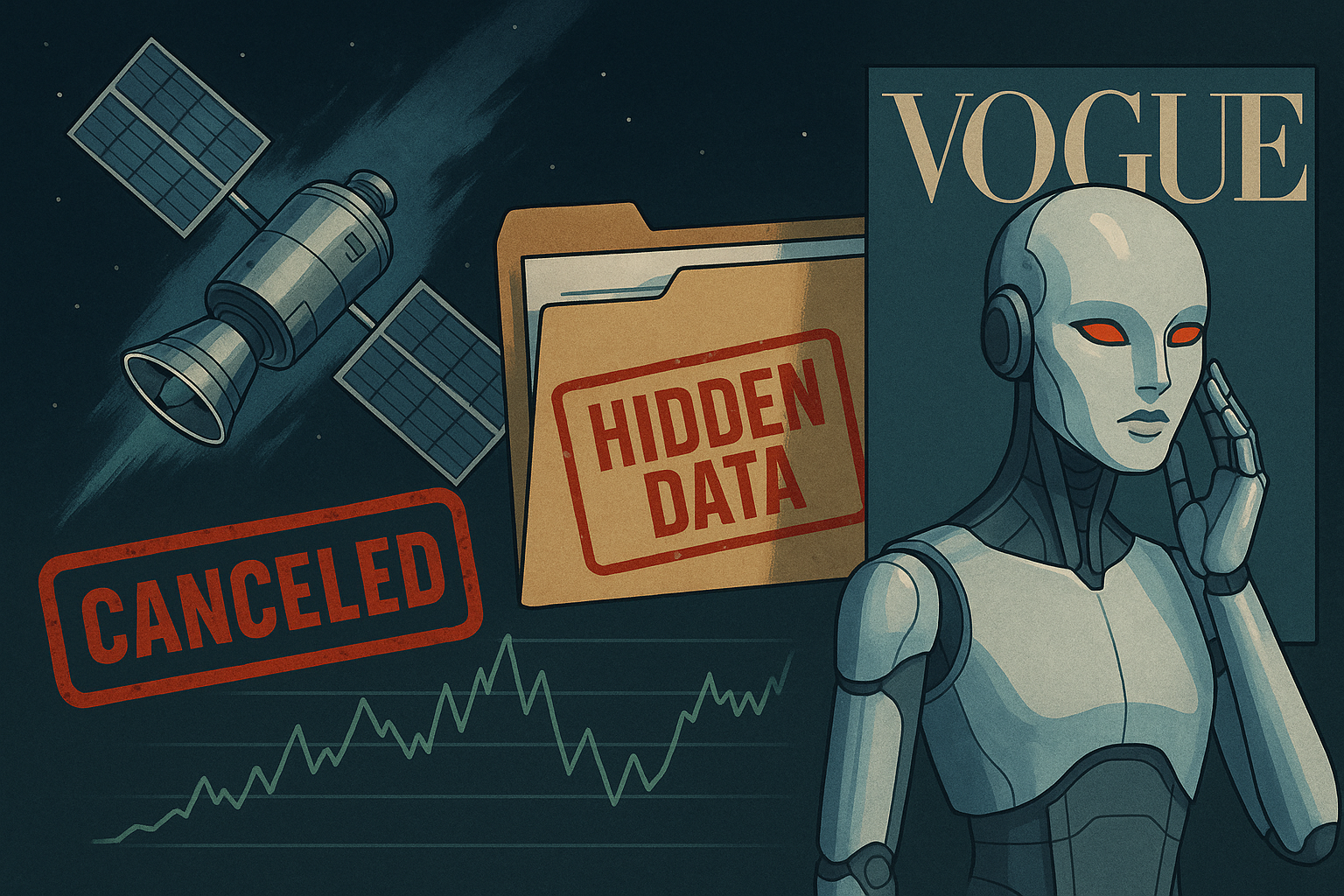Multi-million dollar satellite contract being axed. A critical climate report being withheld and AI stepping onto the runway, these trends show us that the biggest questions in tech right now are about how we manage its power.
Ontario Pivots from Starlink, Betting on Local Innovation
In a surprising move, the government of Ontario, Canada, has canceled a $100 million contract with SpaceX’s Starlink, the satellite internet service that has been hailed as a game-changer for rural connectivity. The official reason is to seek a domestic alternative, signalling a significant push towards fostering local telecommunications infrastructure. This decision highlights a growing global debate: do governments prioritize cutting-edge solutions from international tech giants, or do they invest in building their own sovereign capabilities? While Starlink offers a powerful, ready-made network, Ontario is choosing to bet on its own industry. This is a major development that could influence how other regions approach the challenge of bridging the digital divide, weighing the benefits of global tech against the strategic importance of local control. Read the full article.
NASA’s Controversial Decision to Keep Climate Report Offline
Transparency in science took a hit this week with the news that NASA will not be publishing a key climate change report online. Citing that there is ‘no legal obligation’ to do so, the agency is keeping a significant collection of data from easy public access. For an institution renowned for its open approach to data, this is a concerning shift. In an age where misinformation is rampant, access to primary, trusted sources like NASA is more critical than ever. This decision raises serious questions about the accessibility of publicly-funded research and the potential for political influence to sideline crucial scientific findings on climate change. The tech and science communities are watching closely, as this sets a dangerous precedent for how vital information is shared with the world. Read the full article.
Vogue’s AI Models Spark Subscriber Backlash
The world of high fashion is grappling with the rise of artificial intelligence, and readers are making their voices heard. Vogue is facing a wave of subscription cancellations after featuring AI-generated models in its August issue. Critics argue that this move exacerbates already unrealistic beauty standards and devalues the work of human models, photographers, and artists. The backlash, summed up by one reader’s comment, “As if beauty standards aren’t unrealistic enough”, captures the core of the controversy. This isn’t just about a magazine cover; it’s a flashpoint in the larger conversation about AI’s role in creative industries. It forces us to confront what we value: the flawless, customizable perfection of AI, or the authentic, human element that has long been the heart of art and fashion. Read the full article.
These three stories, though seemingly unrelated, paint a clear picture of the challenges we face today. Whether it’s a government choosing local tech over a global giant, a scientific agency limiting access to data, or a fashion magazine replacing humans with algorithms, the theme is the same: we are all navigating the profound social and ethical implications of technological advancement. The path forward requires not just innovation, but a deep and ongoing conversation about the kind of future we want to build with these powerful new tools.

